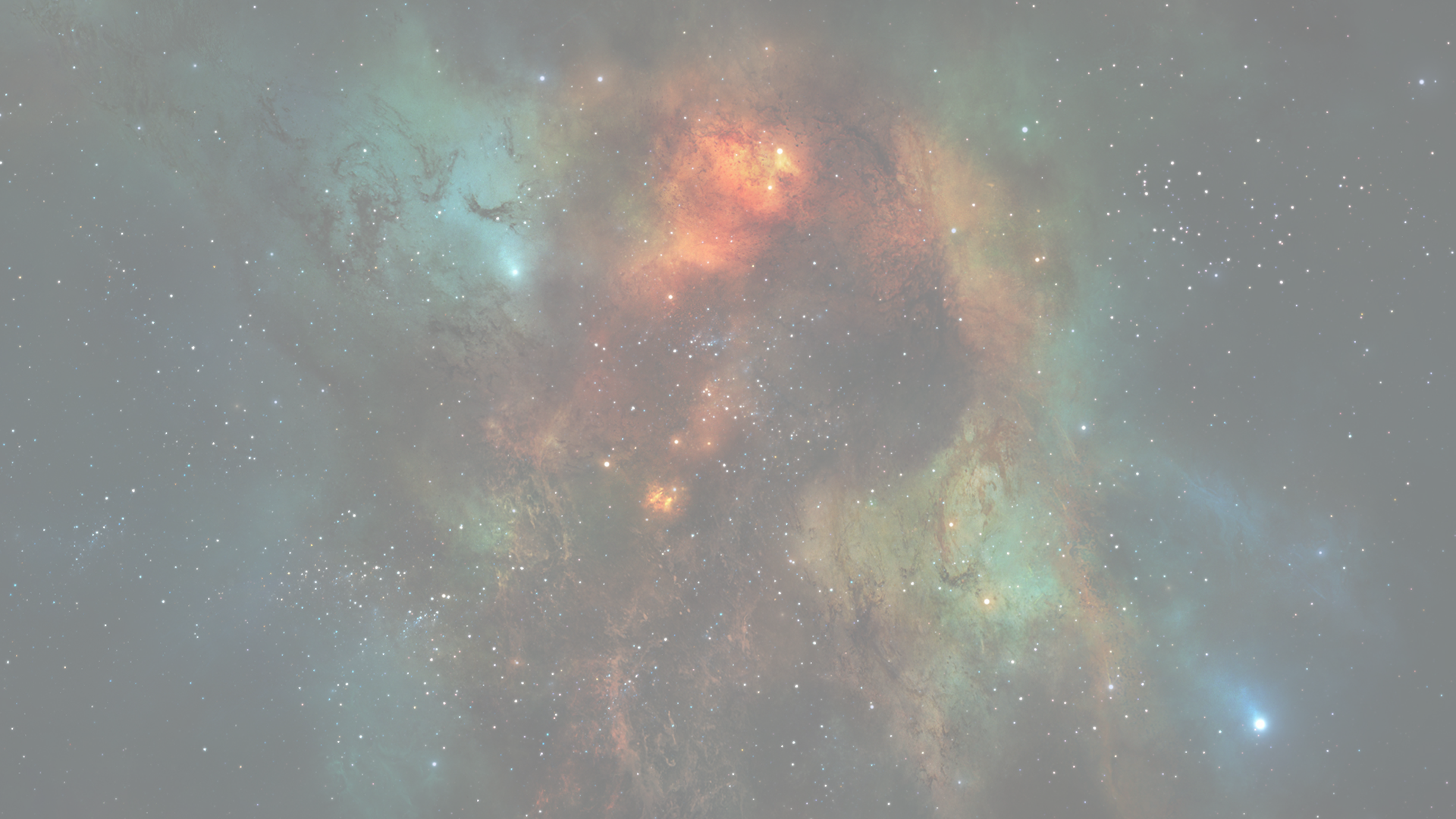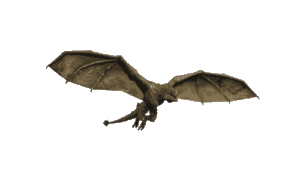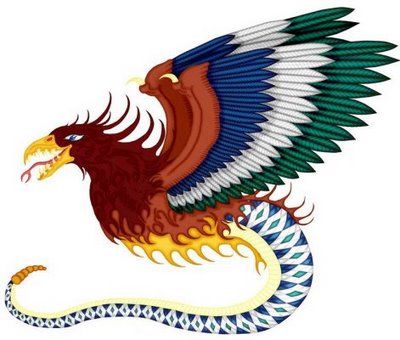


Chilote mythology
The Chilote mythology or Chilota mythology is formed by the myths, legends and beliefs of the people who live in the Chiloé Archipelago, in the south of Chile. This mythology, reflects the importance of the sea in the life of Chilotes.
Chilote mythology is based on a mixture of indigenous religions (the Chonos and Huilliches) that live in the Archipelago of Chiloé, and the legends and superstitions brought by the Spanish Conquistadores, who in 1567 began the process of conquest in Chiloé and with it the fusion of elements that would form a separate mythology.
Chilota mythology flourished, isolated from other beliefs and myths in Chile, due to the separation of the archipelago from the rest of the Spanish occupation in Chile, when the Mapuches occupied or destroyed by all the Spanish settlements between the Bío-Bío River and the Chacao channel following the disaster of Curalaba in 1598.
Contents
[hide]
Hierarchy of mythical creatures[edit]
The highest rank belongs to Tenten Vilu and Caicai Vilu, who, in a legendary, titanic battle, created the Archipelago. Below Caicai Vilu is the Millalobo as the king of the seas, and his wife, the Huenchula. Their three children, the Pincoy, the prince of the sea, and the Pincoya and Sirena chilota, princesses, aid them in the work of ruling the seas. Below these are the different mythical creatures, given ranks by the Millalobo.
Earthly creatures have no hierarchy.
Human Beings in Mythology
Certain people are said to have magical powers. Witches have the ability to fly and have various creatures such as the Invunche under their command. In addition there are machis, people who play an important role in Mapuche culture and religion, though their functions and characteristics for the Chilote are somewhat different.
Other creatures[edit]
| Creature | Description |
|---|---|
| El Basilisco | This creature sucks the saliva out of its victim, killing the prey.[1] |
| El Caballo Marino Chilote | He carries wizards and dead sailors to El Caleuche.[1] |
| El Caleuche | "A phantom ship" and sometimes rides near the shore of Chiloé. It carries wizards and dead shipwrecked sailors. It is controlled by Millalobo's orders.[1] |
| The Camahueto | A special calf with a silver horn. It is said that wizards can use it to cure "sexual dysfunctions".[1] |
| Cherruves | With the body of a snake and the head of a human, he controls the "appearance of comets" and is responsible for bringing misfortune to whoever he visits.[1] |
| La Furia | She arouses sexual desires in men. When she is "satisfied", she drains the victim of his energy, which kills him. She is married to El Trauco.[1] |
| Huallipenyi | With the body of a goat and the head of a cow, it is symbolized with fog, and causes babies to have physical mutations when born.[1] |
| La Huenchula | She is the wife of Millalobo.[1] |
| Meuler | A lizard who causes storms and hides underground when the storm is active.[1] |
| Millalobo | He has the body of a seal, and a head of a combination of a human and a fish. He is covered in gold, thus the name, meaning "gold wolf". He controls the population and actions of most sea creatures. His three children are La Pincoya, La Sirena, and El Pincoy.[1] |
| El Pincoy | With the body of a seal and head of a man, he helps carry out his father's commands.[1] |
| La Pincoya | She influences the outcome of the day's fishing; the fish will not appear by the shore if she faces the shore, and the fish will come if she faces the sea.[1] |
| La Sirena chilota | With the tail of a fish and the upper torso of a beautiful blonde teenage girl, she is responsible for the herding of fish and the guiding of drowned souls to Caleuche. The daughter of Millalobo, and thus the sister of Pincoy and Pincoya. |
| El Trauco | He "is aggressive to men" and arouses sexual desires in women. He is married to La Furia.[1] |
| La Vaca Marina | La Vaca Marina: She lives in the sea, and is sexually attracted to bulls. When she sees one near the coast, she leaves the sea and seduces it, and returns to the sea.[1] |
| La Viuda | She also arouses sexual desires in men. Unlike La Furia, she only kills the victim if he refuses to sleep with her.[1] |
Legends and mythical creatures[edit]

Icon in the church of Dalcahue: Christ being surrounded by mythological creatures of Chiloé
Myths and mythical creatures of Chiloé, in southern Chile include:
- The Basilisco Chilote (a type of Basilisk)
- The Brujo Chilote (a type of sorcerer)
- The Caballo marino chilote (a type of water horse)
- The Caleuche
- The Camahueto
- The Cape or Skin
- The Chucao
- The Cuchivilo
- The Coñieuma (a double flower that screams as a child on new moon)
- The Fiura
- La Condená ("The Condemned")
- The macabre Invunche
- Chiloé (mythological origin). The legend of Ten ten Vilu, Coi coi Vilu and Origin of the Archipelago
- The Millalobo
- The Peuchen or Piguchen
- The Pésame
- The Pincoya, goddess of the Chiloean Seas
- The Pincoy
- The Sirena chilota (a type of Mermaid)
- The Trauco
Media[edit]
The myths from Chiloe appear in The Luke Coles Book Series by Josh Walker, a Young Adult Urban Fantasy series where the myths form the base for much of the lore in the novels.
See also[edit]
References[edit]
- Martinez Vilches, Oscar (1992). Chiloe Misterioso: Turismo, Mitologia Chilota, leyendas (in Spanish). Chile: Ediciones de la Voz de Chiloe. p. 179. ISBN 0-19-451308-4.
- Isabel Vidal Miranda. Folklore, mitos y leyendas del archipielago de Chiloé. Mito, 1976. (in Spanish)
External links[edit]
- Renato Cárdenas Alvarez (1997). "El libro de la mitología" (in Spanish). ATELÍ y Cía. Retrieved 23 September 2009.